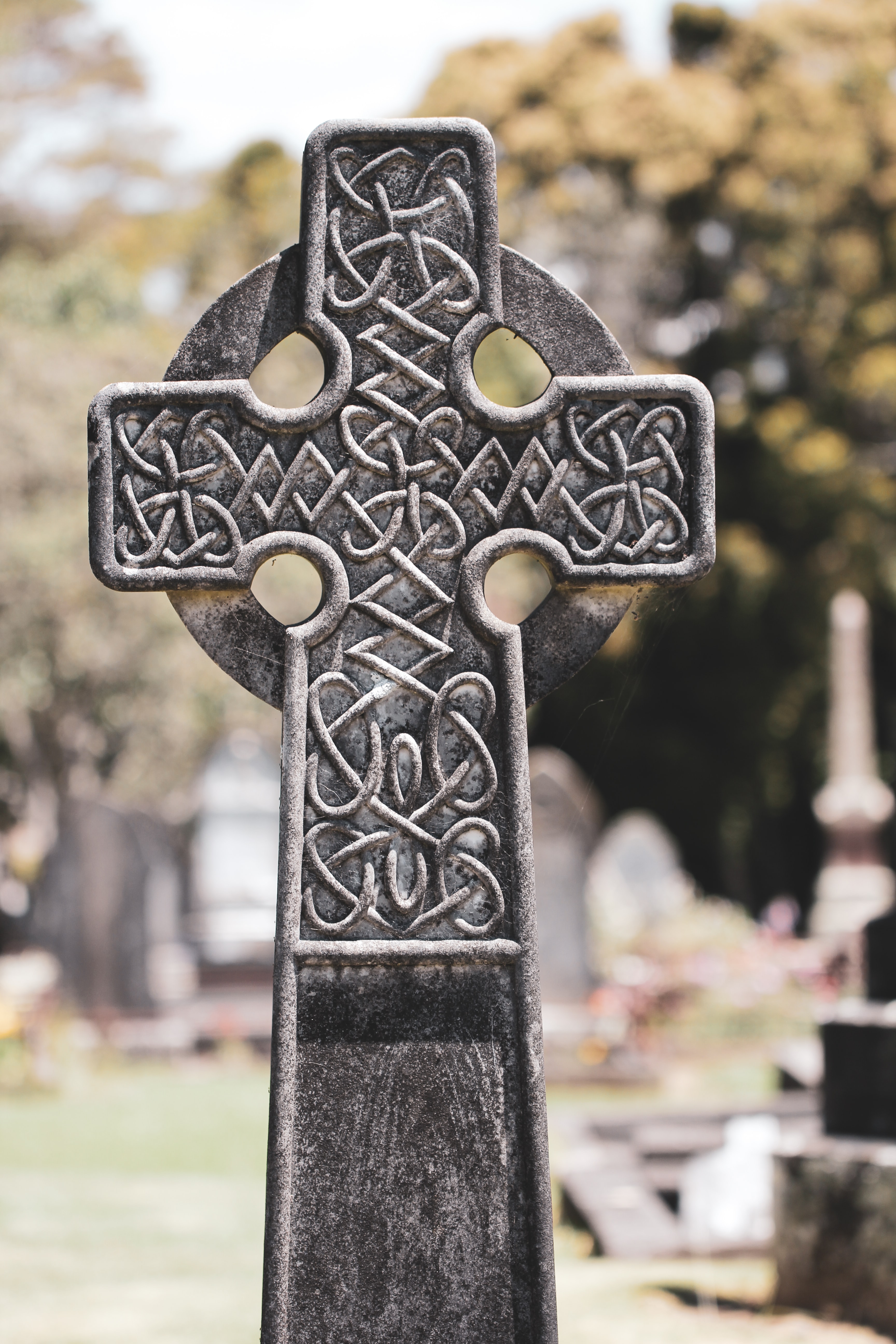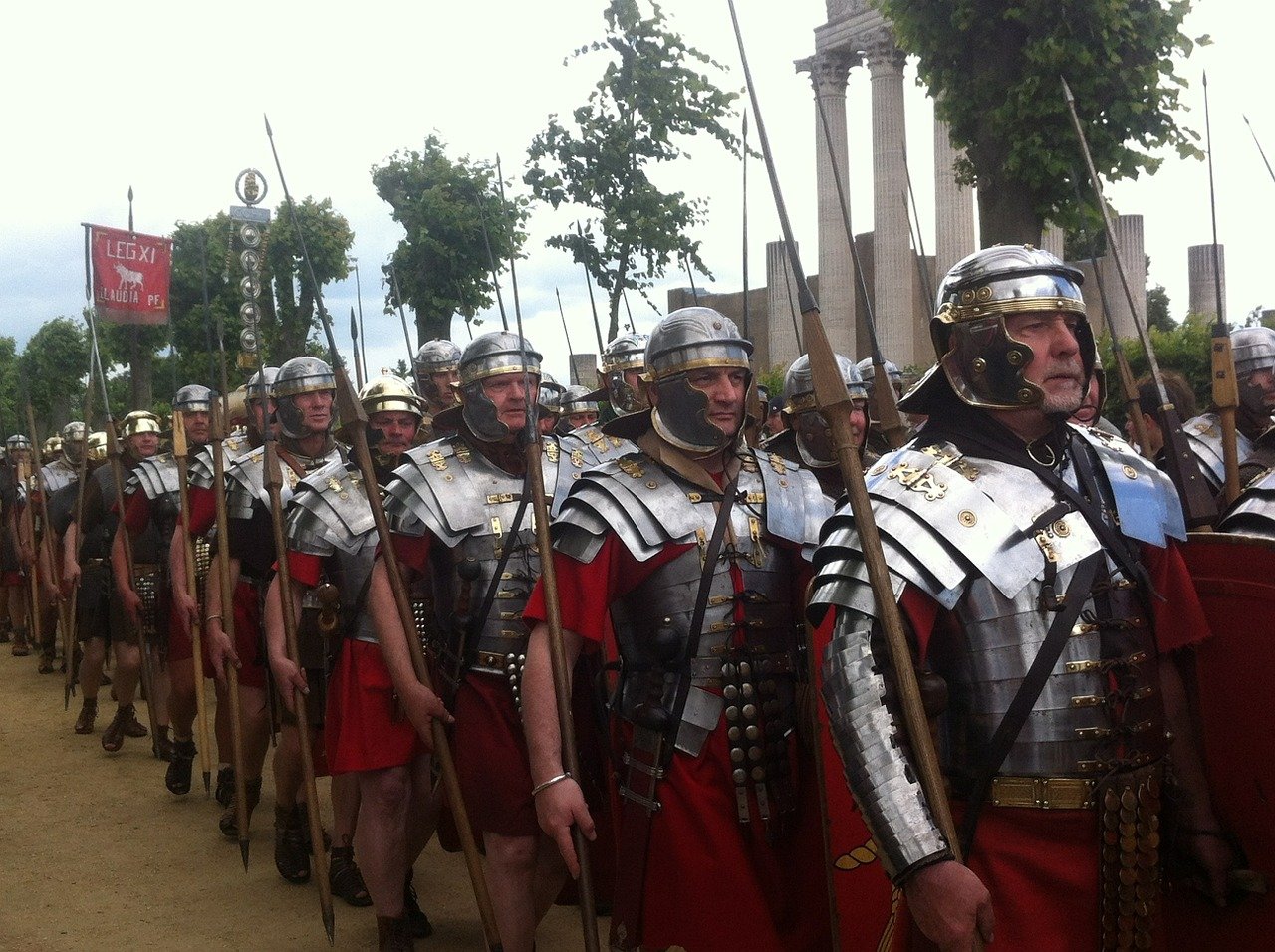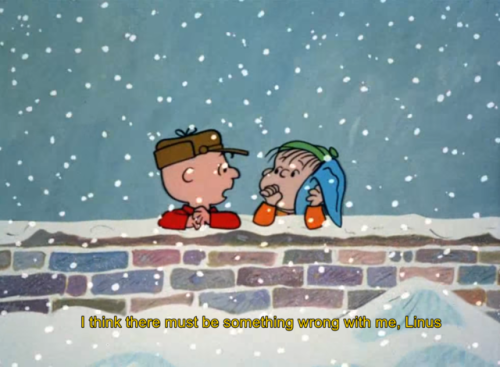An Important Life Lesson from Spring Flowers

Don’t cut the greens!
As March commences, one of my favorite flowers struggles to break through the cold earth. Soon after the crocuses pop up through the snow, daffodils take their place as the trumpet section in the parade of spring bulbs. I marvel at their bright blast of sunshine. These cheery plants announce God’s kept promise of resurrection life. But all too soon, their blooms wither, leaving behind straggly greens. Now what’s a gardener to do?
The first year daffodils grew in my yard, I made a rookie mistake and cut those leftover leaves. Then an older sister in Christ with far more gardening experience pointed out my folly, “Those leaves fuel the bulb to flower next year. When you cut them off, you rob yourself of future blooms.”
Oops! I learned to leave and appreciate those withering greens. Years later, I see a similar lesson for us as Christian women. Because now, I’m the straggling greenery past the prime of flowering. My blooms have grown. The petals scattered in the wind as my children have long left the stem of a home I provided. Younger sisters, please, don’t cut off the voices of experience. Older women are a gift of God to you. Our years of child-rearing and homemaking, and yes, even gardening, provide nourishment to help you thrive.

Unfortunately, women act a bit too much like bulbs. We gather more often in peer groups than in multi-generational settings. Peers do have their place, but God intends His daughters to live and grow through the process of the older teaching the younger.
“The older women likewise, that they be reverent in behavior, not slanderers, not given to much wine, teachers of good things—that they admonish the young women to love their husbands, to love their children,to be discreet, chaste, homemakers, good, obedient to their own husbands, that the word of God may not be blasphemed.” Titus 2:3-5
Together we face the challenge of reaching out and embracing one another. Too often, we cut one another off through criticism instead of spurring each other on through encouragement (Hebrews 10:24). So, what needs to happen to cultivate a healthy flowerbed in the family of God?
First, it starts with us older women being reverent. Our worship must be more than weekly church attendance. We need to worship daily. Moment by moment, we let God open our eyes to His wonders and praise Him. We must live in the hush of holiness—a contented, consecrated life of obedience. Second, older women must refrain from bad-mouthing others, particularly the young. We need to sing their new songs with our seasoned passion if we desire to impart the grace and knowledge of Jesus in their lives. Third, we value our sobriety and resist the temptation to overmedicate the physical pains of an aging body. When Paul wrote to Titus centuries ago, the painkiller of choice was wine; today, it’s opioids. The epidemic of opioid addiction, even among the young, shocks me! With my achy joints and sleepless nights, I understand the temptation. As God’s mature daughters, we must resist the temptation of inebriation. Then our lives will glorify the God Who renews us even while our bodies go to seed.
“Therefore, we do not lose heart. Even though our outward man is perishing, yet the inward man is being renewed day by day.”
Finally, God appoints the responsibility of teaching the younger women to us older sisters. We must be the bridge builders, the initiators. Not in a structured unnatural way, but in a caring communal way, we come alongside and get involved with the generation coming behind us.

Younger sister, Paul’s letter to Pastor Titus also speaks to you. Look for those reverent, sober, discreet women. Spend time with them. Seek their input. Please, don’t cut the greens. God lets older growth tarry for a reason. Absorb the nourishment we bring to His flower bed of saints.
An Important Life Lesson from Spring Flowers Read More »



















